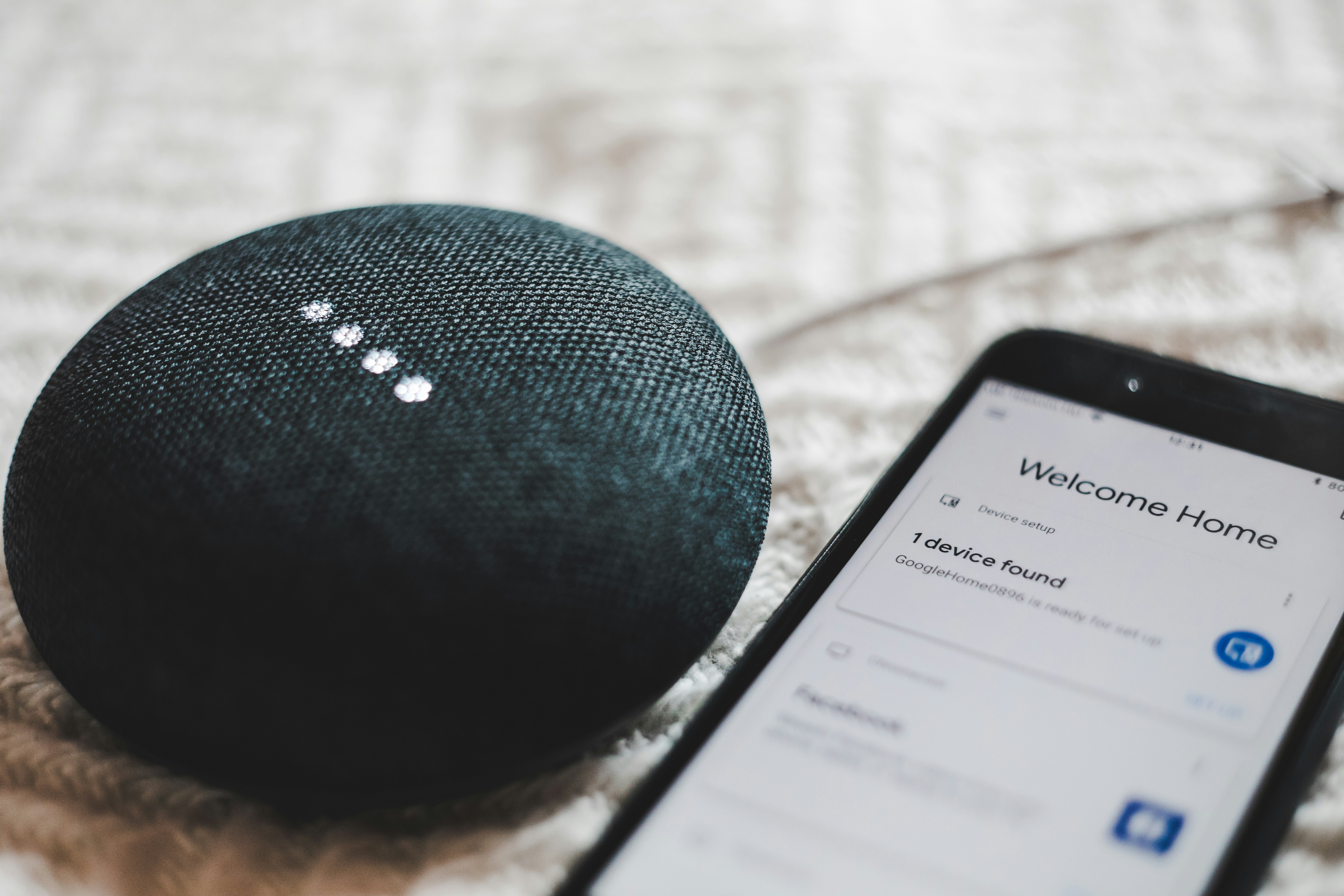Go Back
What Makes a Great Voice Assistant? Inside the Brains of Tablevoice
Summary of what makes a great voice assistant
Posted on 10 juill. 2025
·
Behind every seamless AI interaction is a symphony of advanced technology working in real time. Tablevoice may sound effortless, but under the hood, it’s powered by sophisticated GenAI that lets it understand, adapt, and communicate like a real host.
So, what exactly makes a great voice assistant? Let’s break it down.
1. Natural Language Understanding (NLU)
This is what makes Tablevoice feel human. It doesn't just recognize keywords — it understands intent. Whether a guest says, "Can I get a table tonight?" or "Are you open for dinner today?" the system knows they're trying to make a reservation.
2. Real-Time Responsiveness
No lags. No awkward pauses. Tablevoice responds in milliseconds, offering a back-and-forth that feels like speaking with a live staff member.
3. Context Awareness
Tablevoice remembers context within a call. If someone says, "I want to book for six," and later, "Can you do 7 PM?" — it knows they’re referring to a 6-person table.
4. Multilingual Capabilities
Many North American restaurants serve diverse communities. Tablevoice can respond in English or French, with more languages on the way.
5. Smart Escalation and Call Transfer
When a conversation goes beyond what the AI can handle — like a special event booking or a complaint — Tablevoice knows when to escalate. It can transfer the call to a real team member.
6. Customization and Personality
Each restaurant can shape the tone, phrasing, and brand personality of Tablevoice. Whether you run a fine-dining bistro or a casual brunch spot, your AI should sound like you.
AI with Heart
We believe technology should amplify hospitality, not dilute it. Tablevoice is more than just a voice — it’s your brand’s first impression. And with the right tech behind it, it can be your strongest asset.




